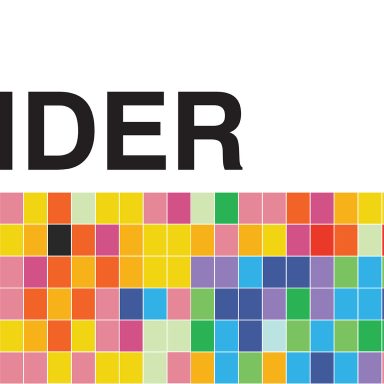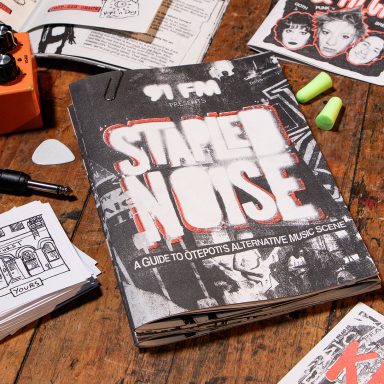2021 Hot New Things: Darcy Ellis, Te Herenga Waka—Victoria University
Each summer DA profiles a selection of the top design graduates coming out of our tertiary institutions. We welcome these talented emerging professionals to our industry, learn about their passions, final projects, developing creative confidence and ambitions for the future.
Today we speak with Darcy Ellis from Te Herenga Waka—Victoria University
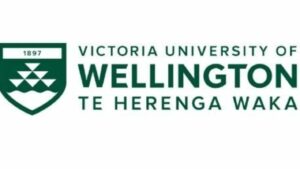

Was there someone (or something) that inspired you to pick design as a career path?
No one person or moment stimulated my interest in design. I think for me, art and design as a subject at high school never felt like a chore. It was always fun, my favourite hour of the school day. I treated it like a hobby or an escape from the more formulaic, “serious” subjects. A phase I would grow out of even. It wasn’t long before I realised there was nothing else I’d rather do than look at, talk about and create cool things.

Can you tell us what your graduation project focused on?
My final project was to create a portfolio. This was a perfect opportunity to amalgamate and refine my favourite works. I spent the year reworking old pieces, starting from scratch to produce a body of work that represented who I was and what I hoped to do as a designer.
What were some of your most exciting or unexpected discoveries to come out of your project?
I was expecting all my work over the years to be disparate and unconnected. Collating my pieces, revealed my aesthetic had really just evolved and developed. It was nice to notice the idiosyncrasies and imperfections that I started with, kept weaving themselves into my work. I think this has subconsciously helped me cultivate a distinctive style.
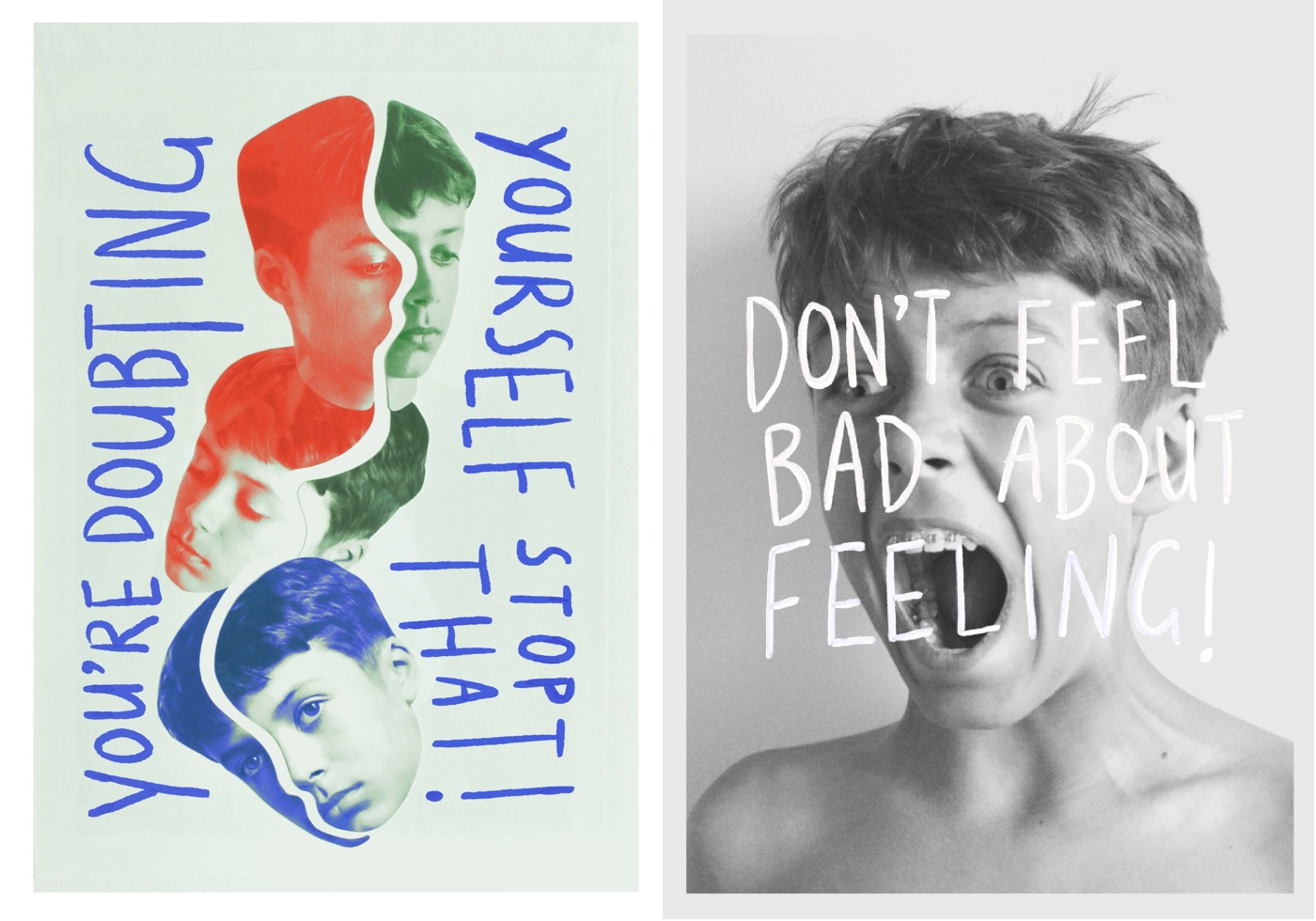
What did you enjoy most during your course at Victoria?
I appreciated the range of papers I was offered. Despite being a graphic design major, I found myself in a photography studio, figure drawing, and in the workshop filing down fragrant cedar for an industrial design project. Experience with these disparate practices has laid a solid foundation for my own eclectic creative skill set. It also developed my love for working with different mediums and often blending these together.
What was your biggest challenge while studying and how did you overcome it?
Finding the confidence to just get started on a project where inspiration hasn’t struck. I’m not a prevaricator but I would definitely overthink and second guess myself at times. I now force myself to take a step back, relax, do something else and then look at tricky projects with fresh eyes.

What’s the most valuable lesson you learned during your studies?
I learned the importance of trusting myself and seeking input. Not everyone is going to like my stuff all of the time, and that’s ok. Criticism is good! You can pick and choose what you take on board but at the end of the day I like to see each piece is a self-expression.
How has your ability and confidence progressed since the beginning of your studies?
At the beginning my degree I felt unprepared. I knew I was in the right place, and that I wanted to be creative, but I hadn’t figured out what I wanted to do or say yet. Now I realise this was exactly how everyone else felt, and why I was at university.
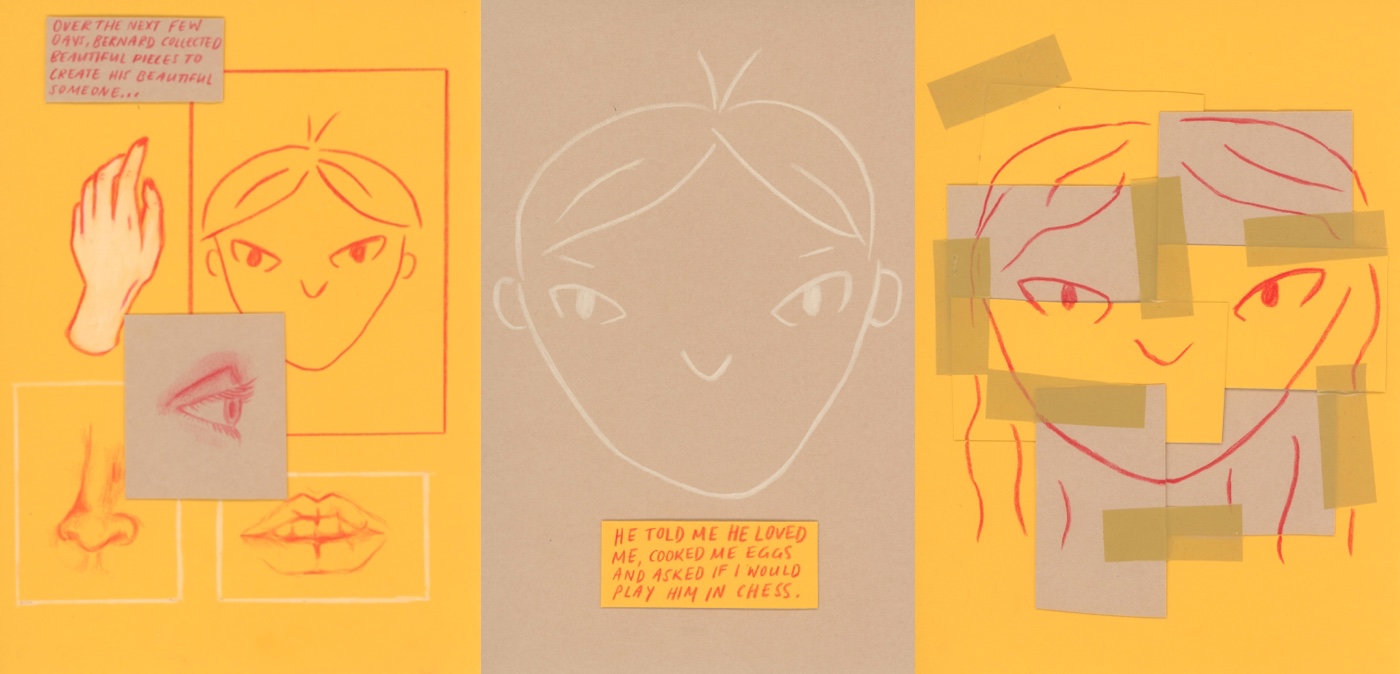
What does your creative process look like? (Please tell us about the journey to develop a piece in your portfolio).
My process varies depending on the project. When I am handed a formal brief, I begin with a thorough research process. I want to know exactly what I am doing, who it is for and why I am doing it. I work a lot with ‘procreate’ on my iPad, but I find myself more and more working in analogue and combining the two mediums. With my self-initiated projects, the process is more blurred. I love to mix media, use photography and collage, and treat it as an evolving work – I never quite know how I want it to look until all of a sudden, I know I’m content.
How do you see your work and practice developing, and what are your main aspirations?
That’s a big question! All I can honestly say is I’ve only scratched the surface. That’s what is exciting about a career in art and design for me.
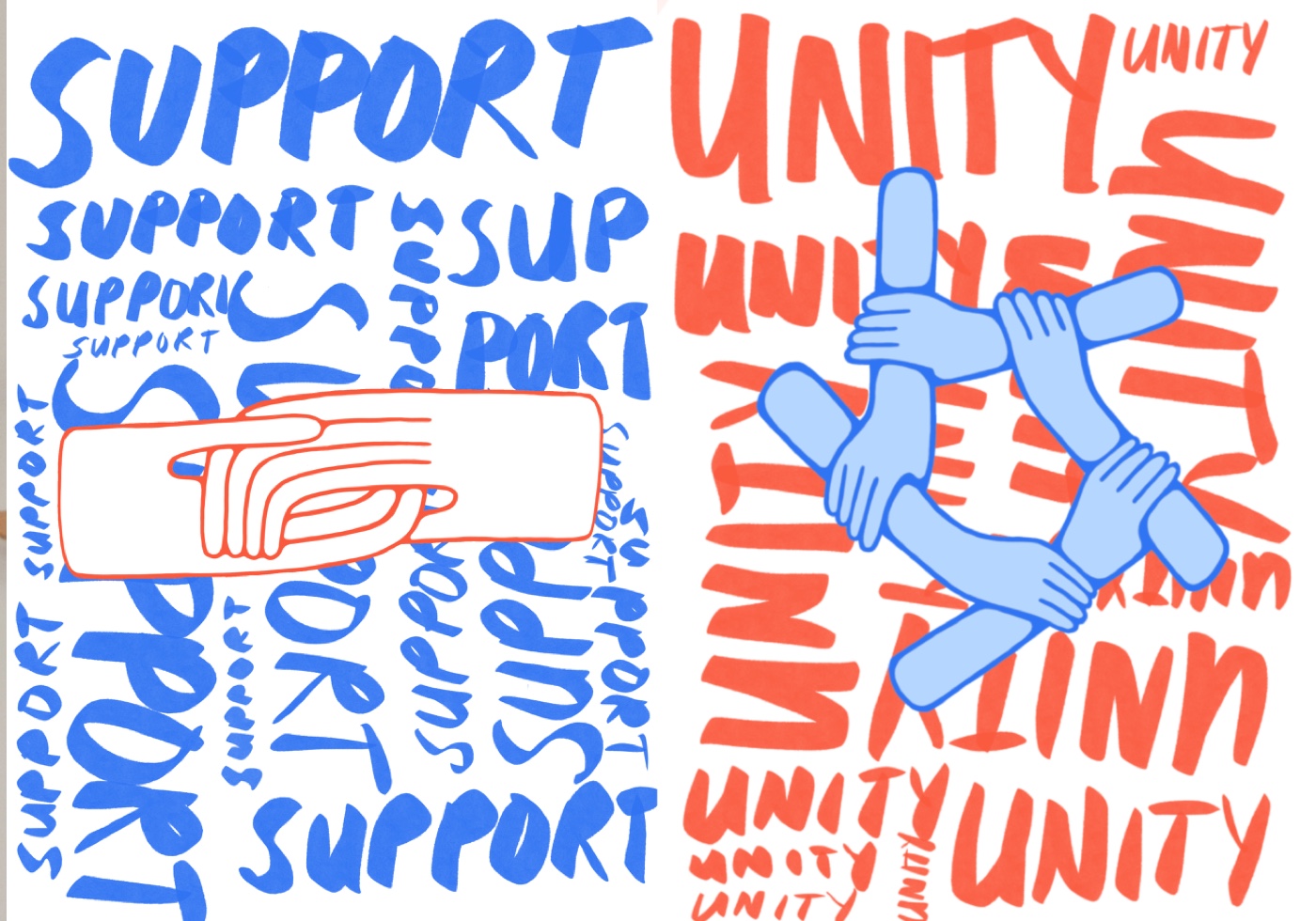
Which piece in your portfolio are you most proud of and why?
I am probably most proud of my visual narrative “Bernard and Bonnie” and my illustrative work for a Ministry of Health surgical mesh report. Bernard and Bonnie was born out of an extremely open brief (at university) to create a visual narrative. Any medium, style, format and any story, original or not was allowed. I loved the wide scope and the freedom of it. The surgical mesh brief on the other hand was daunting. I hadn’t worked for such an important cause before. This made it my most rewarding project to date.
How (if at all) do your interests outside of design inform the work in your portfolio?
I would say my interests often guide my projects. I have always been obsessed with history, music film and photography, so I love finding ways to incorporate aspects of these into my work.

Why did you choose to study at Victoria, and what do you feel you can take away now that you’ve completed your course?
Wellington was place I wanted to go to. To get away from my home town Auckland for a change of scene, but still be in a big (ish)city. I also wanted flexibility to engage with a range of subject areas. At Victoria, I had the opportunity to combine my interests and study both design and business (marketing specifically). Nearing the end of my two degrees, I have cemented my love for design and also better understand how harmonious the marketing and the creative industries are.
How are you feeling about the future?
University has been the most vibrant, nerve-wracking, and dynamic few years. It has also provided a cushy bubble, of friendships, familiar faces and routines. I think for me, (and most students in their final year), it is easy to feel unprepared for the real world. One of my late-night epiphanies this year was knowing I will never feel completely “ready” for a new experience. I imagine this will continue to happen throughout my career. Rather that feeling scared or hesitant I’ve just embraced this knowledge.

What does your dream job look like?
Art/creative director, doing what I love with like-minded people.
How can people get in touch and see more of your work?
My online portfolio can be found at https://darcykellis.myportfolio.com. My Behance account is https://www.behance.net/darcyellis. I also share more pieces, works-in-progress, and things I like on my instagram @darcyellisdesign.

